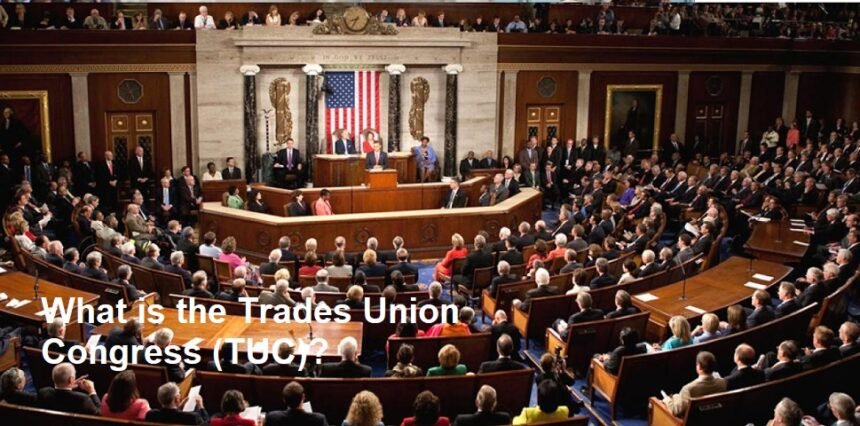The Trades Union Congress (TUC) is an organization representing trade unions in England and Wales. Founded in 1868, the TUC serves as an umbrella organization for various trade unions in the country, with the aim of advocating for workers’ rights and welfare. The organization plays a vital role in shaping labor policy and providing a voice for workers in discussions on social and economic issues at the national level.
One of the TUC’s primary roles is to facilitate collaboration between different trade unions. By serving as a forum for sharing information and experiences, the TUC helps unions develop joint strategies to advance the interests of their members. This is crucial in addressing emerging challenges in the labor market, such as the reduction of workers’ rights, changes in government policy, and the impact of globalization.
The TUC also serves as a representative for workers in dialogue with government and employers. Through lobbying and advocacy, the TUC seeks to influence public policies that impact the world of work, including issues such as minimum wages, workplace safety, and the protection of workers’ rights. By having a strong voice in the legislative process, the TUC contributes to the development of fairer and more pro-worker laws.
The organization also plays a vital role in the education and training of its members. The TUC provides a variety of training programs to improve workers’ skills and knowledge, so they are better prepared for changes in the workplace. Through these initiatives, the TUC helps its members adapt to the changing needs of the labor market and enhance their competitiveness.
In a social context, the TUC is also active in broader issues, such as gender equality, racial equality, and environmental protection. The TUC strives to ensure that these issues become an integral part of the political and social agenda. By promoting social justice and human rights, the TUC contributes to the creation of a more inclusive and equitable society.
One of the key events organized by the TUC is its annual conference. At this conference, representatives from various trade unions gather to discuss current issues affecting workers and formulate strategies for the future. The conference also serves as a platform to strengthen solidarity among trade unions and garner support for joint campaigns.
Despite its many positive contributions, the TUC also faces challenges. In recent years, changes in the structure of the labor market, such as the rise of freelancers and the gig economy, have presented challenges for unions. The TUC strives to adapt to these changes and attract new members from a variety of sectors, including young workers and those working in non-traditional conditions.
Overall, the Trades Union Congress (TUC) plays a crucial role in championing workers’ rights in England and Wales. By serving as a voice for trade unions, the TUC contributes to the formation of fairer policies and protects workers’ interests in various aspects of life. Through education, advocacy, and collaboration, the TUC continually strives to create a better and more equitable working environment for all workers. The TUC’s involvement in broader social issues demonstrates its commitment to promoting justice and well-being for all.












